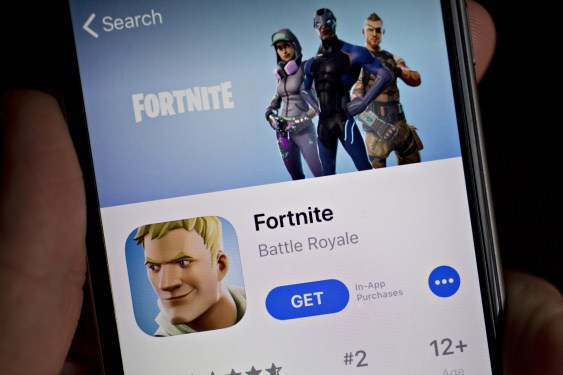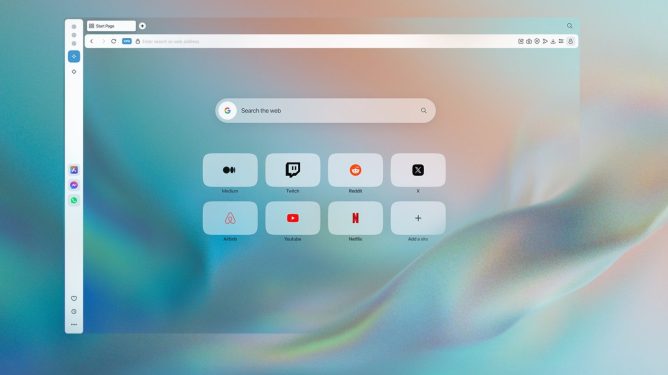Apple has removed Epic Games from the App Store, citing the developer’s refusal to comply with the platform’s guidelines. While this move may have significant implications for Fortnite and other Epic Games titles, users who have already downloaded the game should still be able to access it.
What Does This Mean for Fortnite Users?
Despite being removed from the App Store, Fortnite will still function on Macs and iOS devices that have previously installed the game. However, Epic Games will no longer be able to submit new apps or updates through the App Store. This means that any changes or improvements made to the game in the future will need to be pushed through alternative channels.
Background: The Epic-Apple Dispute
The removal of Epic Games from the App Store is the latest development in a long-standing dispute between the developer and Apple. The conflict began earlier this month when Epic introduced support for direct payments within Fortnite, attempting to circumvent the 30% cut that Apple takes on App Store transactions. This move was seen as a challenge to Apple’s control over the platform and its payment system.
In response, Apple removed Fortnite from the App Store, prompting Epic Games to launch a lawsuit and a publicity campaign accusing Apple of abusing its market power. The situation escalated further when a federal district court judge ordered Apple not to block access to Epic’s Unreal Engine for developers, but ruled that Fortnite could remain off the App Store until it complied with the rules.
Apple’s Statement on the Removal
In a statement confirming the removal of Epic Games from the App Store, Apple noted that:
"We are disappointed that we have had to terminate the Epic Games account on the App Store. We have worked with the team at Epic Games for many years on their launches and releases. The court recommended that Epic comply with the App Store guidelines while their case moves forward, guidelines they’ve followed for the past decade until they created this situation. Epic has refused. Instead they repeatedly submit Fortnite updates designed to violate the guidelines of the App Store. This is not fair to all other developers on the App Store and is putting customers in the middle of their fight."
Epic’s Response
The removal of Epic Games from the App Store may be seen as a victory for Apple, but it remains to be seen how this move will impact the developer and its users. In a statement responding to the situation, Epic noted that:
"We are disappointed in Apple’s decision to remove us from their platform. We believe that this move is an attempt by Apple to stifle competition and maintain its control over the App Store."
The Impact on Unreal Engine
It’s worth noting that while Fortnite may be removed from the App Store, Epic’s Unreal Engine should still function normally. The engine is managed through a separate account, which has not been affected by the removal of Epic Games.
The Future of the Dispute
The situation between Epic and Apple remains complex and contentious. While it’s unclear how this move will impact the dispute, one thing is certain: the conflict between these two major players in the tech industry is far from over.
Timeline of Events
- August 2020: Epic Games introduces support for direct payments within Fortnite.
- September 2020: Apple removes Fortnite from the App Store due to non-compliance with guidelines.
- October 2020: Epic Games launches a lawsuit and publicity campaign accusing Apple of abusing its market power.
- November 2020: A federal district court judge orders Apple not to block access to Epic’s Unreal Engine for developers, but rules that Fortnite can remain off the App Store until it complies with the rules.
Key Players
- Epic Games: The developer behind Fortnite and other popular titles.
- Apple: The owner of the App Store and a major player in the tech industry.
- Judge Yvonne Gonzalez Rogers: A federal district court judge who has presided over the case between Epic and Apple.
Industry Implications
The removal of Epic Games from the App Store raises questions about the future of app development and the role of platform owners like Apple. As the situation continues to unfold, one thing is certain: this dispute will have far-reaching implications for the tech industry as a whole.




